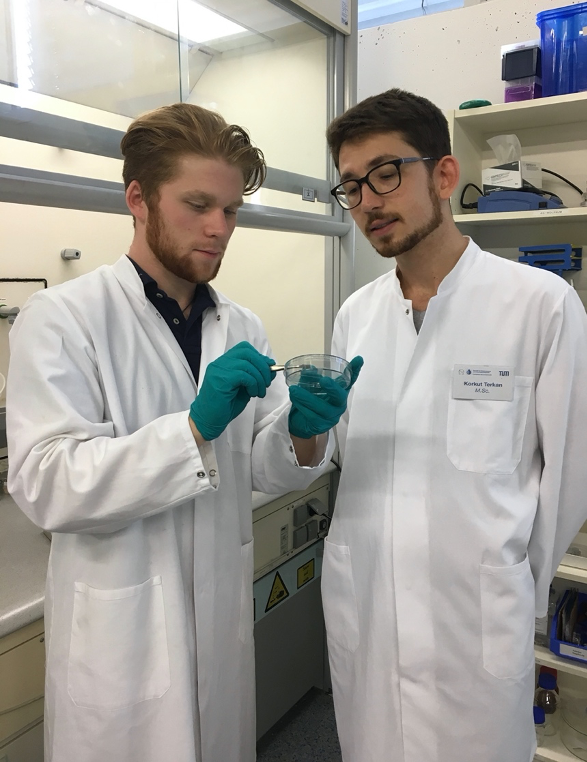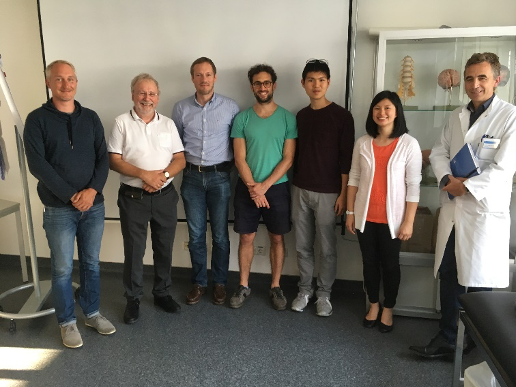The Informatics Department is located in Garching. Professor Bernd Breugge is the Principal Investigator of the Chair for Applied Software Engineering, whose main goal is to connect students with various companies who need help with developing software. It is a project-based lab, although other lab members do spend most of their time on research. My supervisor specifically worked on the application of wearable sensors for human activity recognition.
At TUM, I was given to explore the question of the feasibility of detecting Parkinson’s disease based off of gait (walking) signals from Parkinson’s and healthy subjects. Initially, gait signals were collected through a smartphone that was placed on subjects, who were told to walk at their own pace. Using computational methods, I identified and extracted features from these walking signals, and used two machine learning classification techniques to see if the learned model could discern strides from a Parkinson’s patient or a control subject. Although there were limitations, which prevented the extent of how much we could discover with the data set, this study served as a starting point to answering ongoing questions in medical technology.
Prior to this research, I took a machine learning class and did research in a Neuroscience lab at MIT. What I learned greatly contributed to what I was able to do at TUM. Having previous lab experience made me less nervous entering a lab in a different country, and prepared me to collaborate effectively with my supervisor.
I discovered that working in the university setting at TUM was not very different from doing research at MIT. The atmosphere was relaxed, and everyone was eager to share their knowledge and help each other. I was impressed by the other students in the lab, who displayed professionalism and respect towards our supervisor. My supervisor and his colleagues still liked to joke around, especially during our lunch conversations. It was motivating to be around hard-working people, which encouraged me to stay on task and contribute to the pool of knowledge in the lab. While I was in Munich, our PI gave us the opportunity to present our work to some medical doctors at the hospital affiliated with TUM. I thought it was interesting to see computer scientists and doctors collaborating to come up with better ideas, despite the stark differences between the fields. There was an atmosphere of sincerity and respect. Looking back, this experience exceeded my expectations.
I also hope this is not the last time I go to Germany! I loved the environment (maybe not so much the shops closing by 8pm) - the language, people, and stellar transportation. I definitely see myself in Germany again, maybe with MISTI, school, or work. I like the work-life balance in Germany, and a lot can be accomplished when you are focused and well-rested.







